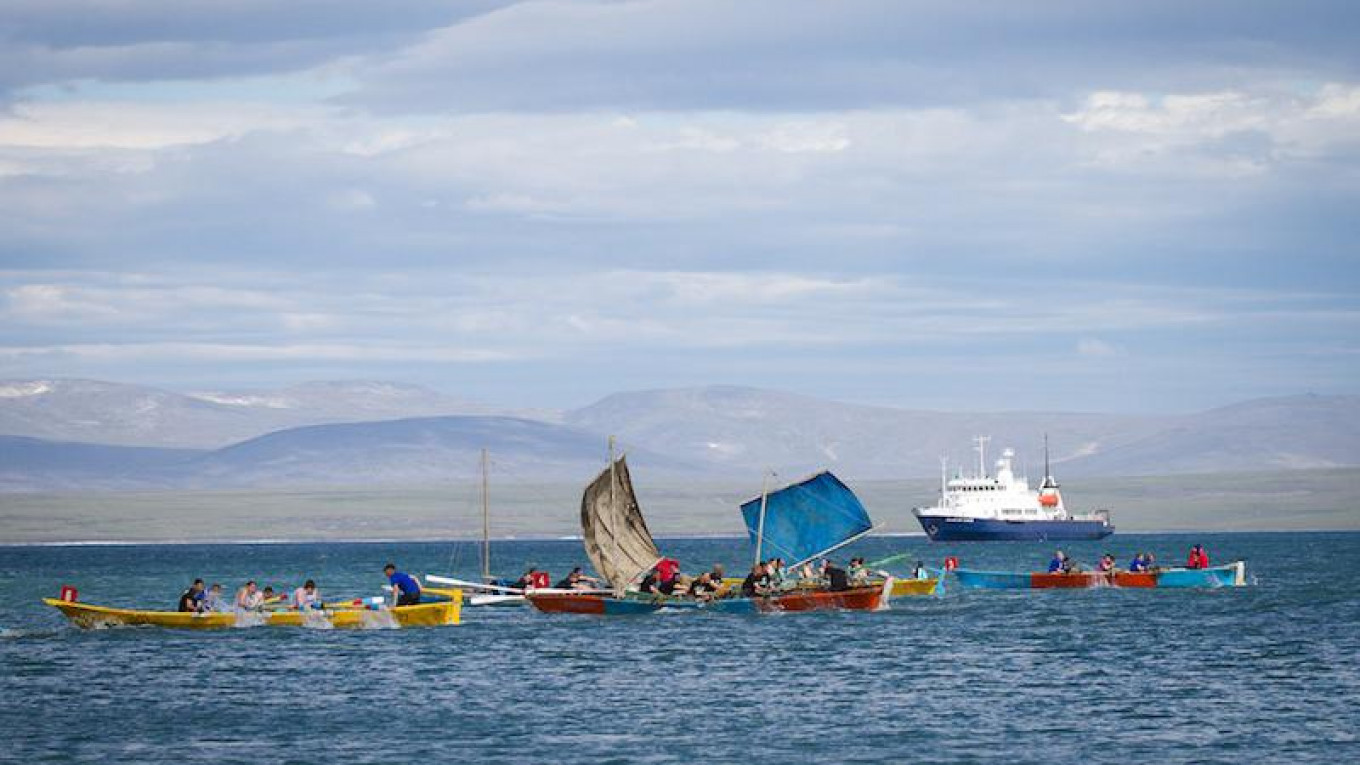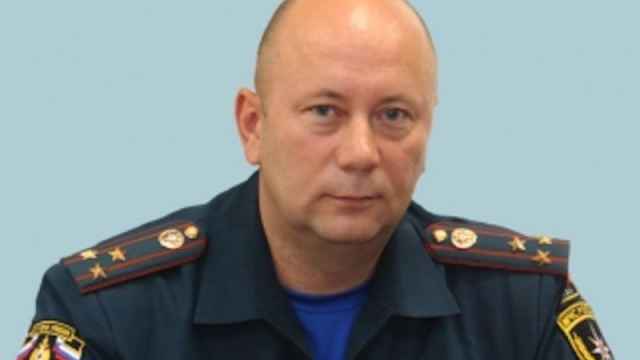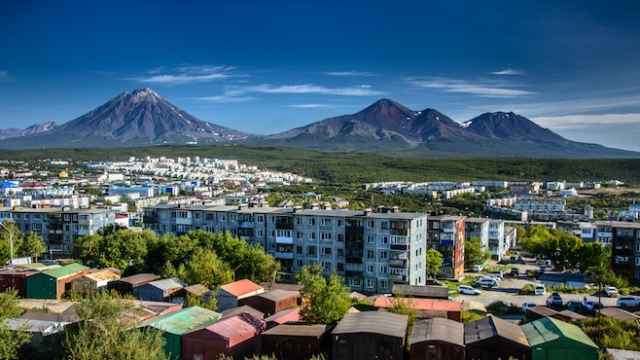The world is full of people who, for one reason or another, are passionate about Russia and all things Russian. This enthusiasm manifests in different ways. Some people read everything ever written by Pushkin or Dostoevsky. Others plan whole trips just to visit a museum like the Hermitage in St. Petersburg. You can even find some folks who spend their savings and their spare time on a trip from Moscow to Vladivostok, riding the nearly 10,000-kilometer Trans-Siberian Railway.
Rodney Russ, a native of New Zealand, offers something extra. The founder of “Heritage Expeditions,” Russ takes foreigners all over Russia’s Far East on personal tours in a specially equipped vessel. He has been doing it for the past decade.
Russ started his career in the New Zealand Wildlife Service. In 1985, he started a small business advocating commercial conservation, taking small groups of people on tours of the region’s wildlife and nature reserves. His first visit to Russia was in the late 1990s, a few years after Heritage Expeditions had chartered its first Russian vessel in 1993; Russ wanted to meet the ship’s owners in Vladivostok. It was his first time in Russia, but he says he felt like he knew the place well already, having worked with the ship’s crew for several years.
Since turning his focus to Russia, he has seen more of the country than most Russians do in a lifetime. Russ has traveled the R504 Kolyma Highway (the so-called “Road of Bones,” known as such because the remains of forced laborers were used in much of its foundations). He has explored Lake Baikal aboard a chartered ship, traversed Chukotka’s tundra in the winter on a snowmobile, slept in yaranga tents with indigenous reindeer herders, and been detained by border guards — twice.
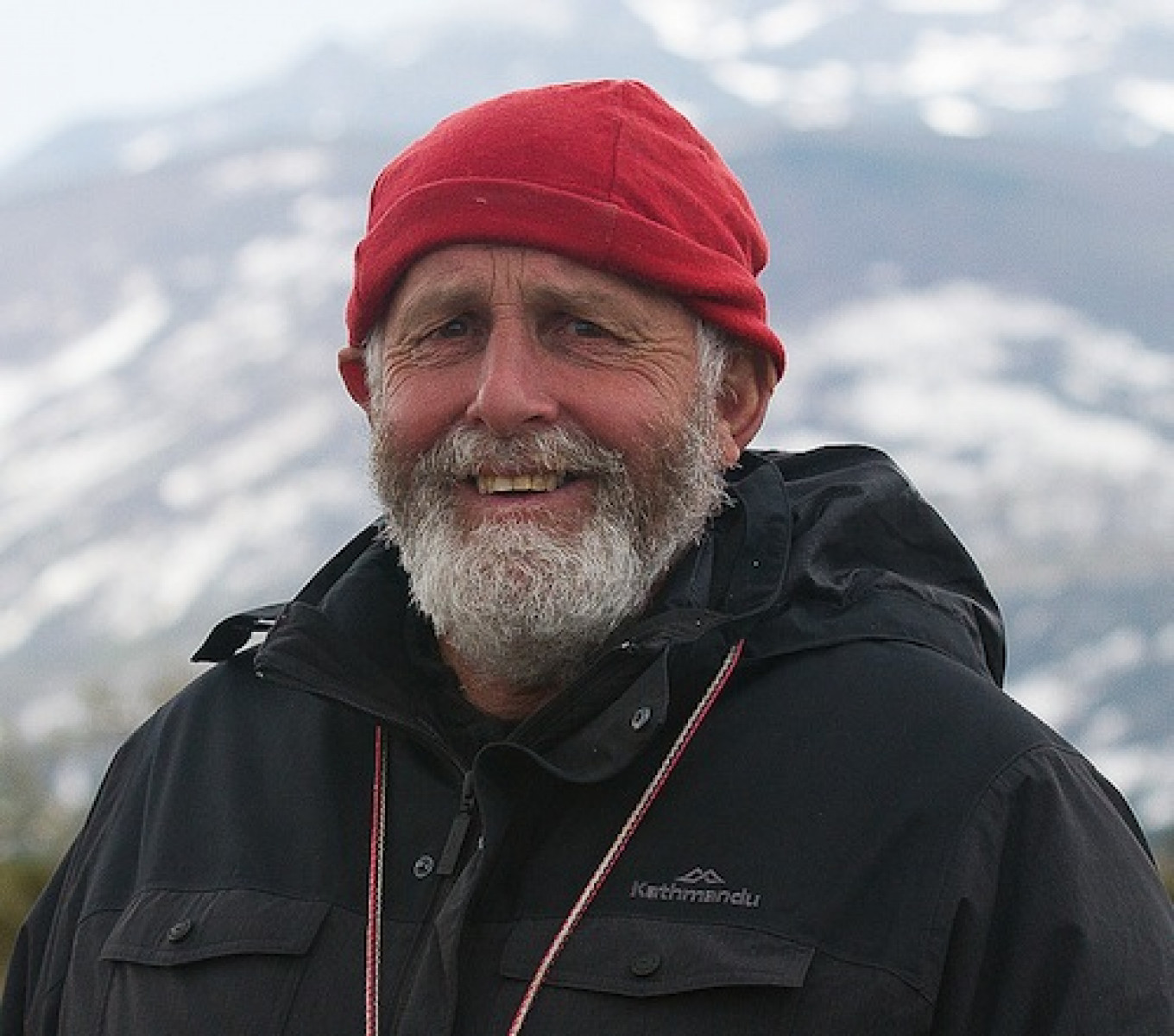
“I don’t know what it is,” Russ says, when asked why he chose a life that takes him to the Russian Far East every summer. (In the winter, he often travels around Antarctica, New Zealand and Australia.) “But I felt an affinity with the Russian people and their history.”
In 2015, National Geographic’s Traveler Magazine voted Heritage Expeditions’ tour along the coast of Chukotka and up to Wrangel Island one of the “Top-50” guided expeditions in the world.
Heritage Expeditions first sailed to Russia in 2006 to the Kuril Islands. Today, the tour company takes clients to several other destinations, including the Sea of Okhotsk, the Kamchatka Peninsula and the Koryak Coast, the Commander Islands, and the Chukotka autonomous district and Wrangel Island. Heritage is planning to launch a voyage from Anadyr to Murmansk through the Northern Sea Route, as well.
While the tours feature remarkable displays of nature, Russ says it’s the people in the Far East who make the journey so memorable. “They’ve lived through some amazing historic events in Russia’s past. They all have their own stories,” he says.
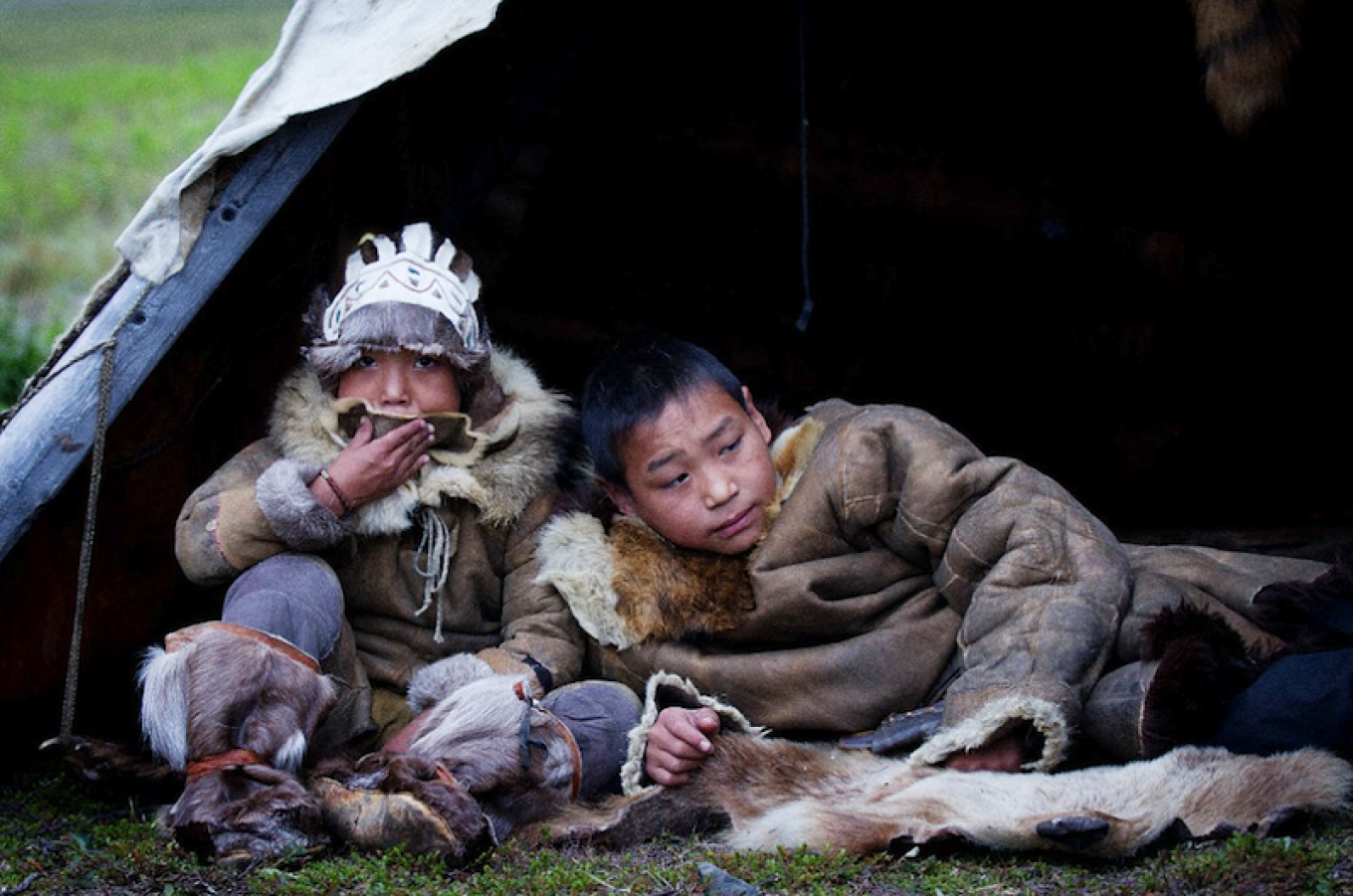
The history of Chukotka’s reindeer herders is especially
fascinating. Chukotka was the last part of Siberia to be “conquered”
by Cossack invaders from the west, and the collapse of communism hit
the community especially hard, as many indigenous people had become
dependent on the state. Today, Russ says Chukotka’s youth are
increasingly choosing more modern professions, leaving behind the
traditions and culture of reindeer herding. The older herders he
still encounters on his visits to the tundra will likely take this
ancient practice to their graves, he fears.
Russ says the region’s wildlife is one of its greatest draws, but he has a hard time choosing his favorite spot: “I am passionate about them all. Kamchatka, the Kuril Islands and the Sea of Okhotsk all have amazing birdlife, whereas Wrangel Island and Chukotka have some great mega fauna like polar bears, walruses and musk oxen. No I don’t have a favorite; I love them all!”
Last summer, perhaps thanks to a more difficult geopolitical situation, the Russian Federal Security Service initially declined Russ’ application to take a tour group out east. With the support of Russia’s Federal Tourism Agency, the Natural Resources and Environment Ministry, and other state agencies and officials, Heritage Expeditions was finally granted permission for its expedition — the only permit issued for Chukotka all season.
“If the rules help protect valuable wildlife and habitats, I am very supportive,” Russ says. “But where it is rules for the sake of rules, I get rather frustrated.” The rules and regulations surrounding travel into protected areas are growing, he says. “It’s not unique to Russia, this is happening worldwide.”
Russ says situations with red tape can come out of the blue at any time, but it is reliable associates inside Russia that are key for doing business.
“We are extremely lucky to have invaluable partners,” Russ says. “They understand Russian business and tax laws and advise and assist us. They have great partnerships with many of the nature reserves we visit, the port companies, and other suppliers, which have made our business so much easier.”
The trips aren’t cheap. The average journey aboard Heritage Expeditions costs travelers $9,000 to $11,000. Russ says the company thrives on repeat business, nonetheless. “Once people have been to Russia, it gets under their skin and they find themselves wanting to book more travel. The Russian Far East has so much to offer,” he explains. “There’s no place like it anywhere else in the world.”
A Message from The Moscow Times:
Dear readers,
We are facing unprecedented challenges. Russia's Prosecutor General's Office has designated The Moscow Times as an "undesirable" organization, criminalizing our work and putting our staff at risk of prosecution. This follows our earlier unjust labeling as a "foreign agent."
These actions are direct attempts to silence independent journalism in Russia. The authorities claim our work "discredits the decisions of the Russian leadership." We see things differently: we strive to provide accurate, unbiased reporting on Russia.
We, the journalists of The Moscow Times, refuse to be silenced. But to continue our work, we need your help.
Your support, no matter how small, makes a world of difference. If you can, please support us monthly starting from just $2. It's quick to set up, and every contribution makes a significant impact.
By supporting The Moscow Times, you're defending open, independent journalism in the face of repression. Thank you for standing with us.
Remind me later.


